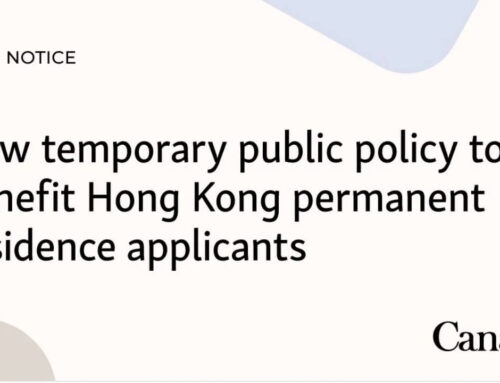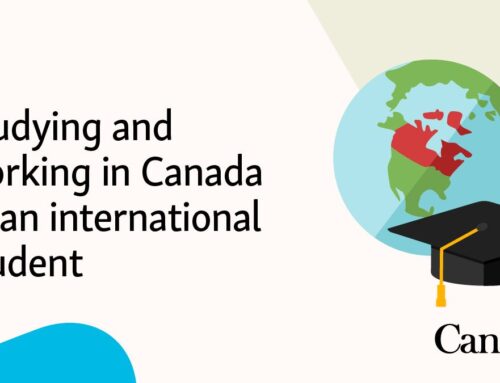Landmark Citizenship Ruling – Canada will not appeal decision that strikes down first generation limit to Canadian citizenship by descent
On January 22, 2024, The Canadian Federal Government announced that it will not challenge a court ruling that struck down a portion of the Citizenship Act which prevented children born abroad to Canadian parents from obtaining Canadian citizenship beyond the first generation.
Marc Miller, Minister of Immigration, Refugees and Citizenship Canada (IRCC) supported this decision and called it necessary to make the citizenship process fair and transparent. In his statement, he said: “The Citizenship Act currently includes a ‘first generation limit’ to citizenship by descent, which means that children born abroad to Canadian citizens beyond the first generation generally do not acquire Canadian citizenship automatically at birth. On December 19, 2023, the Ontario Superior Court of Justice declared that the first generation limit for those born abroad is unconstitutional. “This law, as it currently stands, has had unacceptable consequences for Canadians whose children were born outside the country. For this reason, we will not appeal the ruling.”
This is a victory for many Canadians who have children born abroad, who were once ineligible for Canadian citizenship based on the “first generation limit”, making it impossible for 2nd generation to obtain the same rights and privileges.
Those who may be impacted by this situation will have to wait to see what this means for them and their families. The Canadian government will continue to assess the impacts of the decision on existing legislation and will provide more information and confirm next steps as quickly as possible.
The Court Case – Bjorkquist et al. v. Attorney General of Canada, 2023
The court case (Bjorkquist et al. v. Attorney General of Canada, 2023 ONSC 7152 (CanLII)) was brought on by a group of families living abroad who were affected by the limit and unable to pass on their Canadian citizenship to their children. The applicants allege that s. 3(3)(a) of the Act confers second-class citizenship status on those Canadians born abroad who acquire citizenship by descent from their Canadian-born parents, treating such Canadians differently than Canadians born in Canada, and differently than naturalized Canadians. They argued that the second-generation cut-off violates ss. 15, 6, and 7 of the Charter of Rights and Freedoms, and is not saved by s. 1. On December 19, 2023, Justice Jasmine Akbarali ruled that this limit violated the sections of the Charter of Rights and Freedoms that pertain to mobility rights and equality rights. Critics have long argued that this limit created two classes of Canadian citizenship, saying it was unconstitutional.
Current Law
The current Citizenship Act was changed in 2009; critics found the law creates an unfair distinction between Canadian-born versus foreign born Canadians. The first generation limit was instituted under the government of then-prime minister Stephen Harper in 2009 in response to outcry from the public after Canada spent $94 million to bring 15,000 Canadian citizens out of Lebanon during the Israel-Hezbollah war in 2006. At the time, several MPs and political commentators had questioned the strength and legitimacy of the evacuees’ ties to Canada, using the term “Canadians of convenience.”
The Harper government said in 2007 establishing a first generation limit would “protect the value of Canadian citizenship by ensuring that our citizens have a real connection to this country.”
Next Steps for the Federal Government
The federal government has six months to repeal the second-generation cutoff in the law — a move that will require either fresh legislation or the passage of a bill already being debated.
Senate Bill S-245 was amended in committee to remove the second-generation cut-off rule and replace it with a “substantial connections test” to pass on citizenship to the children of foreign-born Canadians who were born abroad.
In her ruling, Akbarali described S-245 as a “head start” allowing Parliamentarians to amend the Citizenship Act law to make it fully constitutional within six months.
Should you have any questions regarding Citizenship by Descent or Naturalization for Citizenship and eligibility, please contact us at info@poonahimmigrationlaw.com





